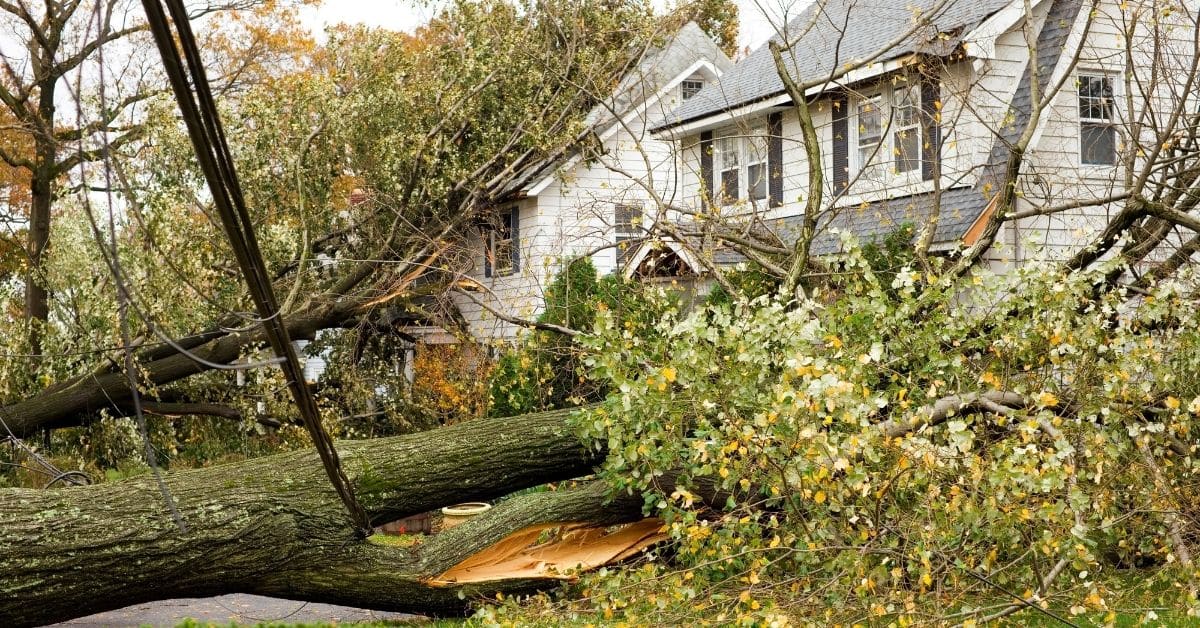
3 Steps to Take After a Denied Claim
Hurricane Ida left thousands of Louisiana residents without power and significant home damages that may take years to recover from. Recent reports estimate that the costs of these damages are upwards of $95 billion nationwide, and over 100,000 insurance claims were filed in the aftermath.
Having an insurance provider deny a claim in these dire circumstances can leave many questioning what their next steps should be. If your Ida claim was denied, read on to learn the three things you should do next to begin your appeals process.
#1. Learn Why You Were Denied
Often when an insurance company denies a claim, you will receive some form of communication detailing why this occurred. If you have not yet received this notice, reach out to your provider to discuss it. Often the issues with your claim are simple fixes, but unclear reasoning for a denied claim could potentially point to insurance bad faith.
Understanding the common reasons for claim denials can help you navigate the process with greater awareness and take appropriate steps to protect your rights. We will explore some of the reasons why hurricane claims are often denied, empowering you to be better prepared and informed:
- Lack of Sufficient Documentation: One of the primary reasons for claim denials is inadequate documentation of damages. Insurance companies require thorough evidence to substantiate the extent of the damage caused by the hurricane. Failing to provide proper documentation, such as photographs, videos, or expert assessments, can lead to claim denial. It is essential to document all damages in detail and keep records of expenses related to repairs and replacements.
- Failure to Mitigate Further Damage: Insurance policies typically require policyholders to take reasonable steps to prevent further damage to their property after a hurricane. This may include temporary repairs, securing the premises, or seeking professional assistance. If a homeowner neglects these responsibilities, the insurance company may deny the claim on the grounds of negligence or lack of mitigation efforts.
- Policy Exclusions and Limitations: Insurance policies often contain exclusions and limitations that specify what types of damages are covered. For instance, certain policies may not cover flood damage or damages caused by specific perils like wind or hail. It is crucial to review your policy carefully to understand its coverage limitations and exclusions, ensuring you have the appropriate coverage for potential hurricane-related damages.
- Pre-Existing Damage: Insurance companies may deny claims if they suspect that the reported damages existed prior to the hurricane. They may argue that the damages were not caused solely by the hurricane event but were pre-existing or caused by other factors. To counter this argument, homeowners should have pre- and post-storm documentation to demonstrate the new damages caused by the hurricane.
- Missed Deadlines: Timeliness is crucial when it comes to filing insurance claims. Insurance policies typically have specific deadlines for reporting damages and filing claims. If homeowners fail to meet these deadlines, their claims may be denied. It is important to be aware of the timelines specified in your policy and initiate the claims process promptly.
- Policy Lapses or Non-Payment: Maintaining timely premium payments is essential to keep your insurance policy active. If you have a history of missed payments or allow your policy to lapse, the insurance company may deny your claim, asserting that you were not covered at the time of the hurricane. It is crucial to stay up to date with premium payments to ensure continuous coverage.
#2. Gather More Evidence
If your claim was denied due to insufficient evidence, take the time to collect documents, images, and an inventory of damages. These may work to strengthen your claim. It may also help if you speak to contractors and get estimates of the cost of repairs or have documentation proving that these repairs have to be made.

